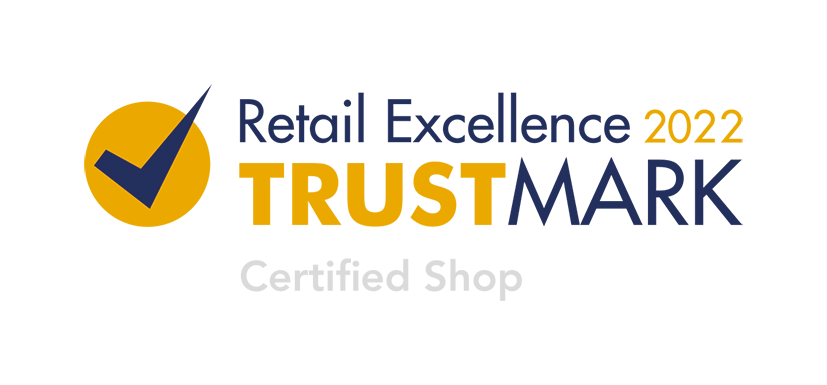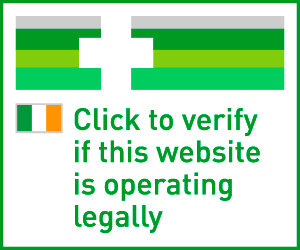What is Cholesterol?
Cholesterol is a fatty substance in our body known as a lipid. It is made up mostly by the liver from the fatty foods that we eat in our diet. Contrary to most people’s beliefs, we actually need some cholesterol in our body for it to function correctly. However, having excessively high levels of these fats in our bodies can have a huge impact on our health and significantly increases our risk of heart attack and stroke.
Why do we need Cholesterol?
We need cholesterol to:
- Make up the outer layer of every cell in the body
- Insulate or coat our nerve fibres
- Make hormones
- Make bile acids which are essential for the digestion and adsorption of fats.
What types of Cholesterol are there?
There are two types of cholesterol in our body that circulate in our blood and they are called LDL (low-density lipoprotein) and HDL (high-density lipoprotein).
LDL transports cholesterol from your liver to the cells around your body that need it. Having too much LDL in our blood can be harmful as it can cause a build up of cholesterol in our arteries, leading to disease. This is why LDL is known as bad cholesterol.
HDL carries cholesterol away from cells and back to the liver for removal and this is why it is known as the good cholesterol.
What level should my cholesterol be at?
You can have your cholesterol measured by getting a blood test done by your nurse or doctor. Ideally your total cholesterol should be less than 5mmol/L.
In Ireland half of all adults have a total cholesterol level of 5mmol/L or above which is a worrying statistic.
What are the risks of having high cholesterol?
There is a huge amount of evidence that shows that having high cholesterol leads to a narrowing of the arteries, heart disease, blood clotting, heart attack and stroke.
Who is at risk?
There are many reasons why you may be at risk of having high cholesterol and they include:
- Unhealthy diet
- Lack of exercise
- Obesity
- Excessive alcohol consumption
- Smoking
- Diabetes
- High Blood Pressure
- Family history
- Age
- History of stoke or heart disease.
What do I do if I think I have high cholesterol?
It is important to have your cholesterol levels checked and to then discuss the results with your pharmacist or doctor to ensure that you can make any necessary changes or have your cholesterol treated if needs be. Anyone can do this but it is particularly important for those who are at risk as mentioned above.
What lifestyle changes can I make?
Diet: Eating a diet that is low in saturated fat can reduce your LDL (bad cholesterol). Foods that contain saturated fat and those that should be avoided include:
- Fatty/processed meat
- Cream/ice cream
- Butter/lard
- Cheese
- Cakes and biscuits
- Chocolate
- Coconut oil, palm oil
By looking at the food labels of what you are purchasing you will be able to see how much saturated fats are in foods. Men should consume no more than 30g of saturated fat a day and women no more than 20g of saturated fat per day.
Is there anything available without a prescription to keep my cholesterol low?
It is so important to follow the advice that is given by your healthcare practitioner and to ask for advice if you are taking other medications or have any underlying illnesses before starting any supplements.
There is a new supplement that has been developed by an Irish GP called Cholestero-Low that is a natural supplement to lower cholesterol. It is a heart and gut supplement that contain EFSA which is an approved ingredient to lower cholesterol and improve heart health. It also contains beta-glucan, CoQ-10 and inulin.
- The oat bet-glucan forms a gel in our gut which binds to cholesterol and limits how much of it is absorbed from the gut into our blood.
- CoQ-10 is something we produce naturally but the production decreases as we age, particularly around the heart. It is essential for energy production and is an anti-oxidant and protects our heart.
- Inulin is a prebiotic which is good for the gut
It comes in powdered sachets that can be added to food or a drink. It can be taken at any time of the day with a meal. There are two flavours available, Strawberry and Lemon.
If you are already taking medication to lower your cholesterol, I would recommend that you continue taking your medication and do not start the Cholesterol-Low until discussing it with your prescriber.
If you do not suffer with high cholesterol you may still use this product as the benefits are far reaching. It can also help to stabilise blood sugars, benefit our gut health, give us energy and boost our immunity. Our team is always here to help in any way that we can. If you have any questions on this topic or would like to discuss this with a member of our expert pharmacist team, please contact our helpline on 01 485 3098 or email help@meagherspharmacy.ie.
Our team is always here to help in any way that we can. If you have any questions on this topic or would like to discuss this with a member of our expert pharmacist team, please contact our helpline on 01 485 3098 or email help@meagherspharmacy.ie.



